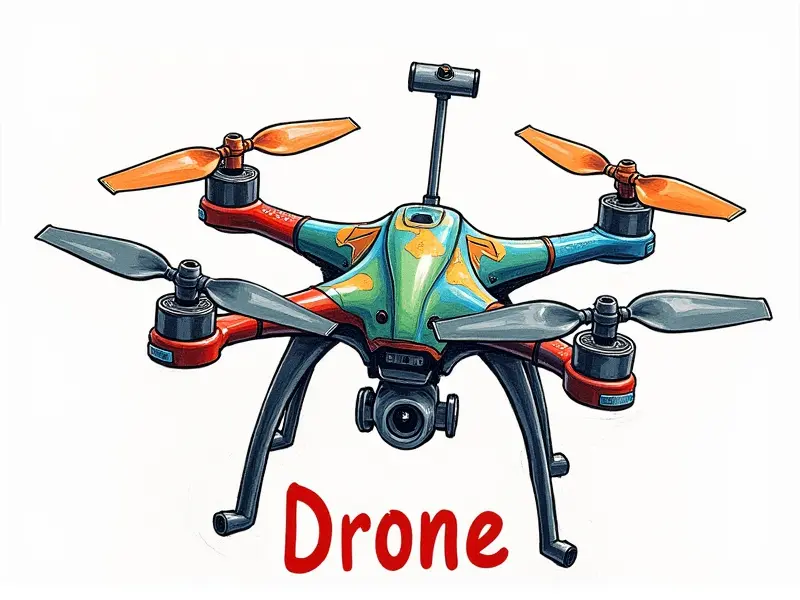Are Li-Po batteries safe to use?

Are Li-Po Batteries Safe for RC Drones?
Lithium Polymer (Li-Po) batteries are the go-to power source for many enthusiasts in the world of remote-controlled (RC) drones due to their high energy density and lightweight nature. However, concerns about safety have led to a debate within the community: Are Li-Po batteries truly safe to use?
Li-Po Battery Safety in RC Quadcopters
The use of Li-Po batteries in RC quadcopters has become increasingly popular due to their ability to provide sustained power for extended flight times. However, the inherent risks associated with these batteries are a cause for concern. Proper handling and maintenance are crucial for ensuring safety.
Is Using Li-Po Batteries Risky?
The primary risk associated with Li-Po batteries lies in their potential to overheat or even catch fire if not properly managed. Overcharging, discharging below the minimum voltage, physical damage, and exposure to extreme temperatures can all contribute to hazardous conditions.
Li-Po Battery Hazards Explained
- Overheating: Excessive heat generation can lead to thermal runaway, a condition where the battery continues to heat up uncontrollably until it reaches its ignition point.
- Fire and Explosion: In severe cases, overheated batteries can ignite or explode, posing significant risks to users and their property.
Avoiding Li-Po Battery Explosions
To prevent such catastrophic events, it is essential to follow strict safety guidelines. This includes using high-quality chargers with built-in safeguards, ensuring proper ventilation during charging, and avoiding overcharging or deep discharging the battery.
Protect Your Drone with Safe Li-Po Batteries
Selecting the right Li-Po battery is crucial for maintaining drone safety. Opt for reputable brands known for quality control and robust safety features. Additionally, always use chargers designed specifically for Li-Po batteries to ensure compatibility.
Ensuring Safety with Li-Po Batteries
- Storage: Store Li-Po batteries in a cool, dry place away from flammable materials and direct sunlight.
- Disposal: Dispose of used batteries responsibly through recycling programs designed for hazardous waste.
Risks and Benefits of Li-Po Batteries
While the risks associated with Li-Po batteries are significant, their benefits cannot be overlooked. High energy density allows drones to fly longer without compromising performance or maneuverability.
Preventing Fires with Li-Po Batteries
To mitigate fire hazards, always monitor your battery's temperature and voltage during charging and discharging cycles. Utilize thermal cameras for real-time monitoring of heat signatures.
Li-Po Battery Safety Tips for Beginners
- Educate Yourself: Familiarize yourself with the basics of Li-Po battery care, including proper charging procedures and storage techniques.
- Invest in Quality Gear: Purchase high-quality chargers and monitoring equipment to ensure your batteries remain safe during use.
Understanding Li-Po Battery Safety Guidelines
Fully understanding and adhering to safety guidelines is paramount. This includes avoiding overcharging, using proper connectors and wiring, and regularly inspecting your battery for signs of wear or damage.
Conclusion
In conclusion, while the risks associated with Li-Po batteries are real, they can be effectively managed through informed practices and adherence to safety guidelines. By prioritizing quality products, diligent monitoring, and proper handling techniques, users can enjoy the benefits of these powerful energy sources without compromising safety.

